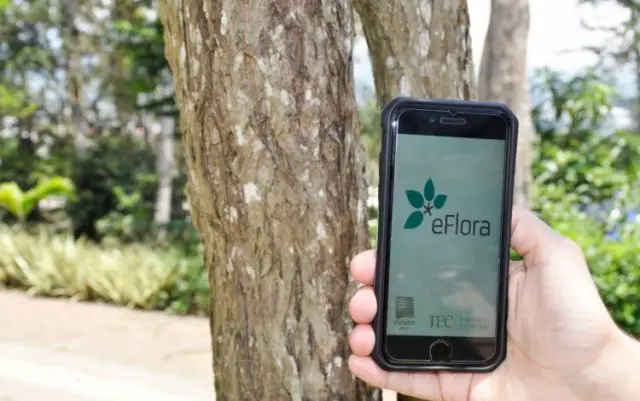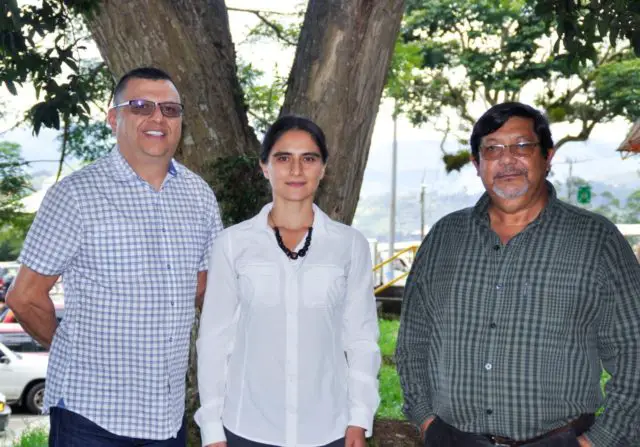To know precisely the name and other characteristics of the different species of national trees, there is a new digital support tool: the eFlora app.
This is the first app developed to identify tropical species, without access to the Internet and is now available for phones with the Android and iOS system. It was carried out by a group of researchers and students of the Tecnológico de Costa Rica (TEC).

With the app, it will now be easier for professionals in the forestry or environmental area to know the types of species and characteristics of the trees in our country. In addition, it will be an essential guide for tourist guides to use in their regular activity or for hotels and other socio-environmental enterprises to have a clear inventory of the species of a particular area or place.
This joins characteristics that enhance environmental education by being a technological and informationally so that citizens know in detail the species of their patio, garden,
The version contains 400 species of trees and palm trees common from different regions of the country, ranging from the Central Pacific and North Pacific, North Zone and Talamanca. With thousands of species present in our territory, eFlora only covers a small sample of this wealth.
For the

In addition to Quesada, the forest engineer Francisco Monge and the engineer of the same branch, Cassia Soto, are part of the research team. They developed an interdisciplinary work with experts and assistant students of the Forest Engineering degree as well as Industrial Design Engineering and Computer Engineering.
For Soto, it is precisely essential to articulate various disciplines to integrate technological features in forest management and, in general, in environmental management. “eFlora will continue to grow with the inclusion of more species, alliances and funding seeking”, Quesada said.
The application also has as derivative products, a book on endangered species of Costa Rica, which will be launched soon through the Technological Editorial, as well as extension projects that have been developed with indigenous peoples, in addition to publications and articles in the Magazine Kurú Mesoamerican Forest.
